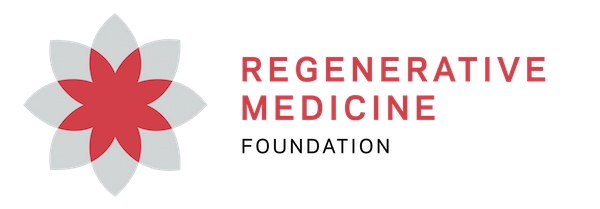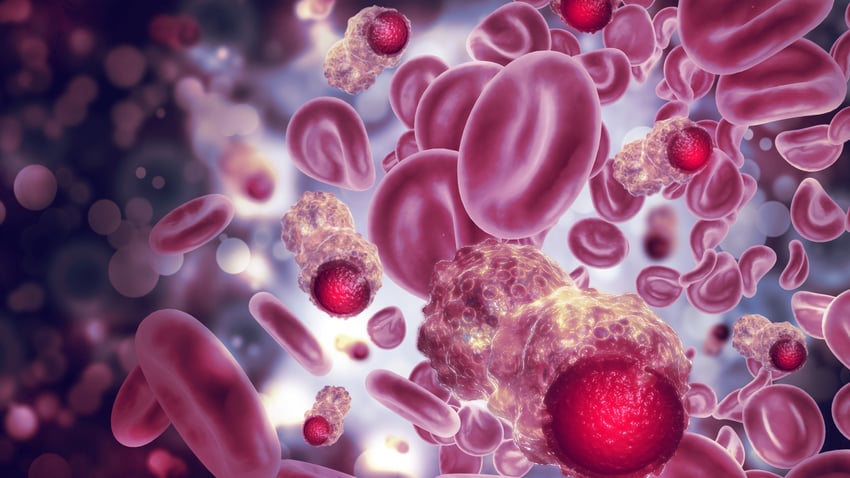Image caption: Market over-saturation is especially pronounced in acute lymphocytic leukemia, which has more than 300 drugs in the pipeline, plus two that boast FDA approvals, GlobalData points out. (Mohammed Haneefa Nizamudeen/iStock/Getty Images Plus)
By Fraiser Kansteiner
The pipeline of personalized medicines for blood cancers is fit to burst, GlobalData warns.
Branding the development landscape “oversaturated,” the data and analytics company says there are more than 800 cell therapy prospects currently in the hopper for just five major blood cancers. Those cancers are acute lymphocytic leukemia (ALL), B-cell non-Hodgkin lymphoma (B-NHL), acute myeloid leukemia (AML), multiple myeloma and chronic lymphocytic leukemia.
The problem is especially pronounced in ALL, which has more than 300 drugs in the pipeline plus two that already boast FDA approvals, GlobalData points out.
Novartis’ chimeric antigen receptor T-cell (CAR-T) therapy Kymriah won its ALL nod back in 2017. Meanwhile, Gilead Sciences’ T-cell immunotherapy Tecartus picked up its ALL indication in October.
“Despite the market size for B-NHL being at least five times the size of ALL, B-NHL has a smaller pipeline of cell therapies,” Sakis Paliouras, Ph.D., managing oncology and hematology analyst at GlobalData, said in a statement. “This means that, given the rarity of the disease, the ALL pipeline is congested,” he said, adding that most ALL CAR-Ts in the pipeline “will never reach the market due to strategic decisions, potentially prioritizing other cancers.”
Gilead’s and Novartis’ success in hematological cancers has ushered in an “abundance” of clinical cell therapy candidates, Paliouras said. The analyst noted that oncology differs from other therapeutic fields such as cardiology or immunology, where it’s typical for there to be “a large number of products with similar attributes.”
“If all of the in-development drugs for blood cancer got the go-ahead from the FDA, competition would be much too fierce,” Paliouras added.
“Me-too” and “late-to-market” drugs will carry a high risk of poor performance, GlobalData notes. The analytics firm also points out that around 80% of the cell therapy pipeline is autologous, despite the “significant advantages” that allogeneic therapies could hold.

